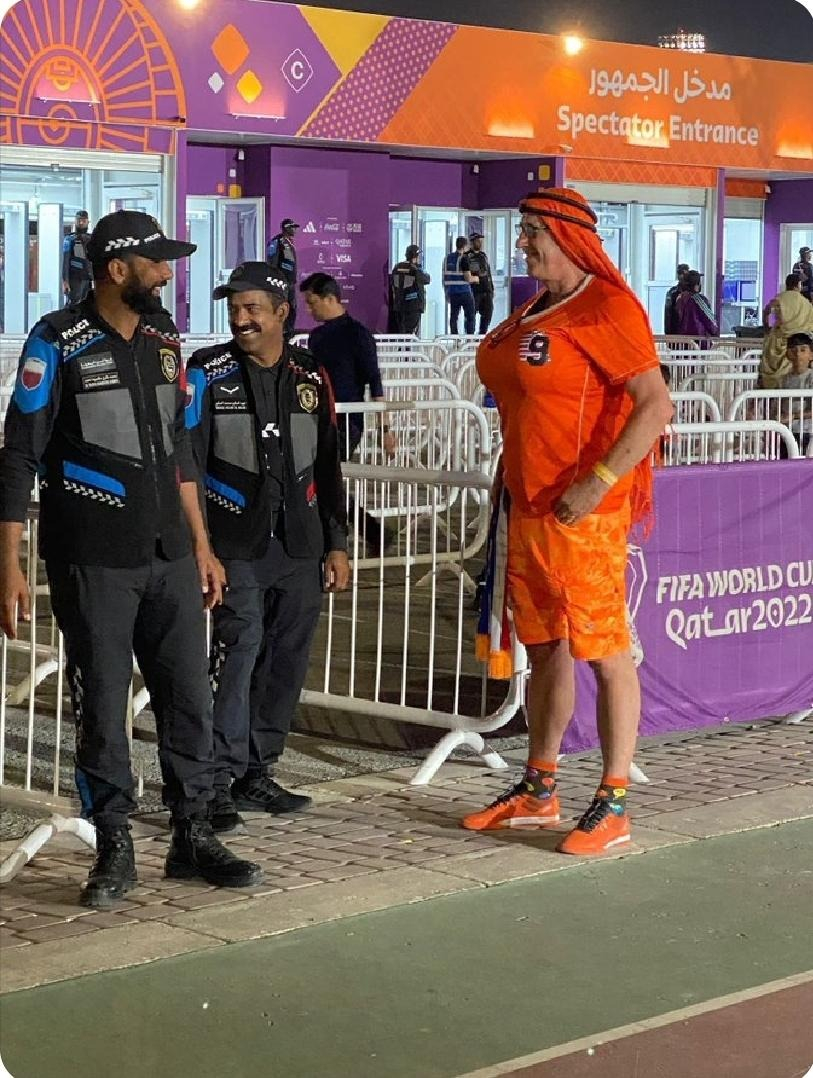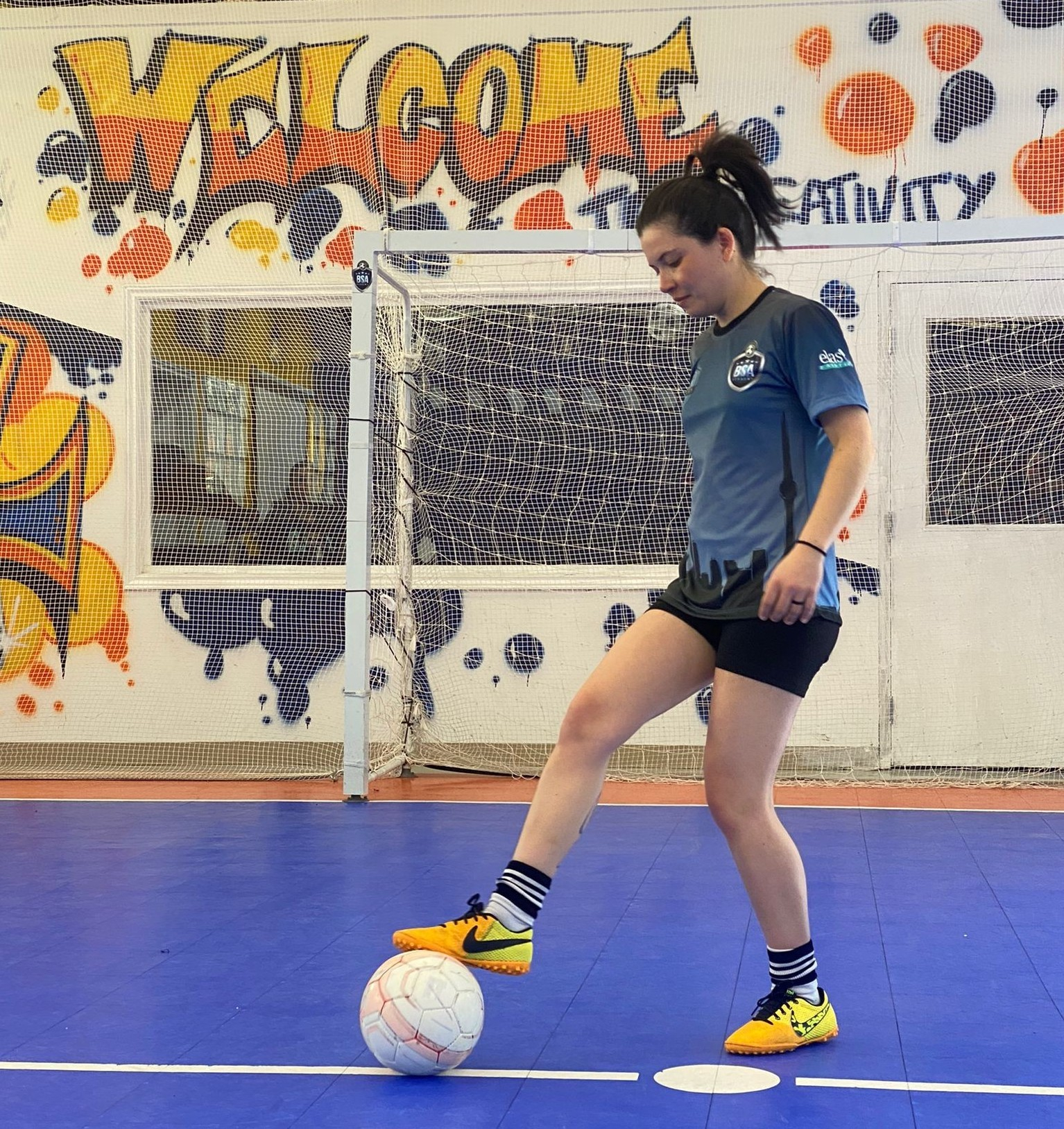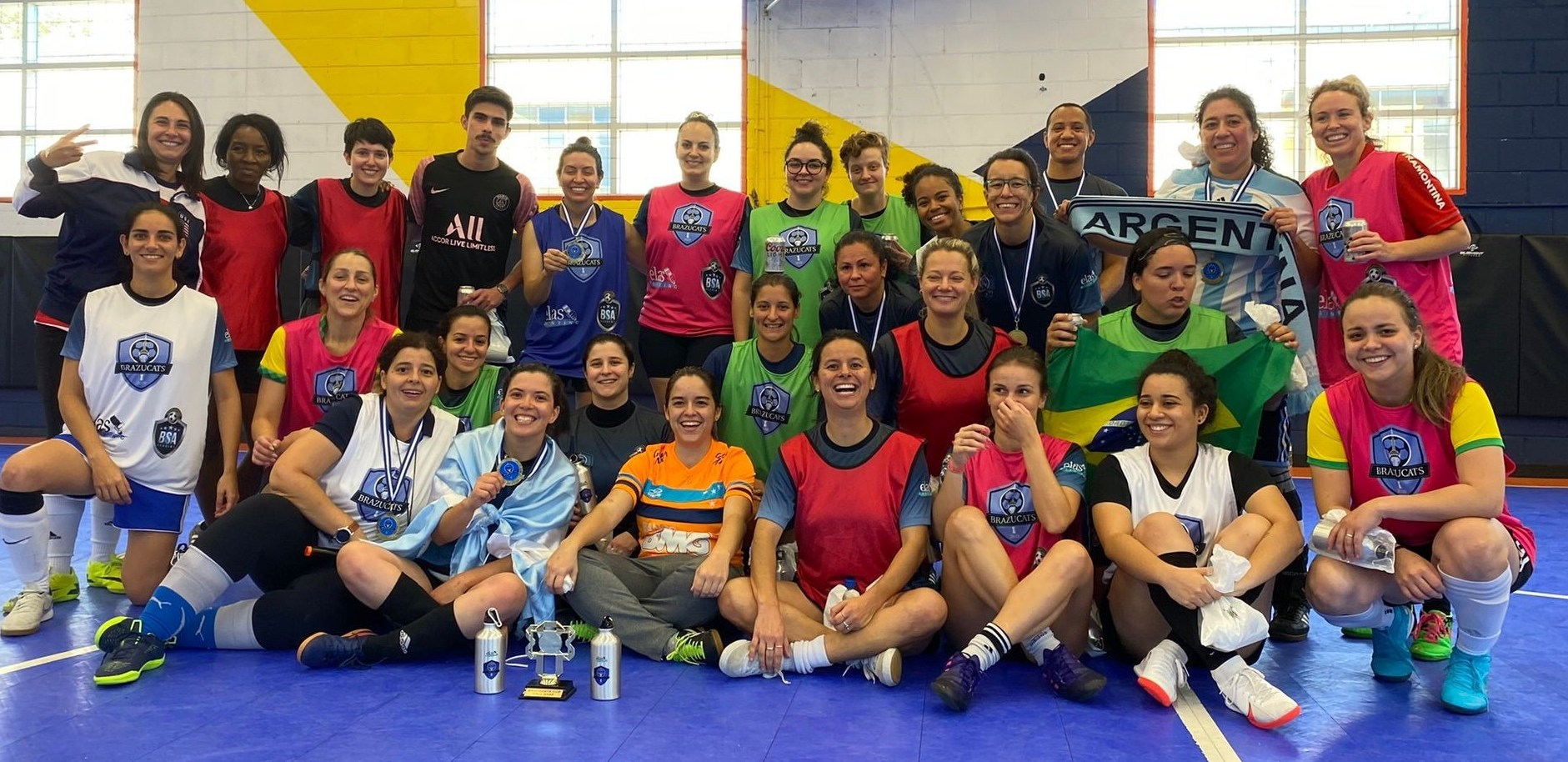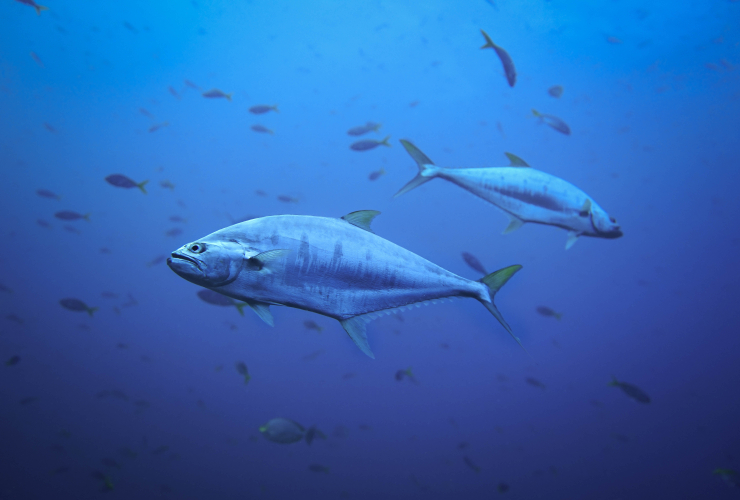A Toronto soccer team is on the lookout for armbands showing support for the LGBTQ community after officials forbid players from wearing them at the World Cup in Qatar.
The Brazucats, a social team of mostly queer Brazilian women, has been following the controversy closely. Team captains from England, Wales, Belgium, the Netherlands, Switzerland, Germany and Denmark were planning to wear the One Love armbands — a product from a Dutch inclusiveness campaign in 2020 — during World Cup games to protest host country Qatar's laws against same-sex relationships.
But the football associations of those countries backed away from their plans just ahead of the start of the month-long competition after international governing body FIFA said it would issue a yellow card to any player who showed up wearing the armband.
“Since the beginning of the World Cup, we are talking about the armband and how it's ridiculous FIFA is punishing the players,” said Katherine Di Pace, who runs the Brazucats. The team plays Sundays at the Brazilian Soccer Academy in Etobicoke and Wednesdays at an indoor league in Vaughan.
“Players should wear the One Love armband, for sure,” she said.
Despite FIFA's yellow card threat, Di Pace said players should have worn them anyway, and that her team is seeking out its own to wear in support. (The armbands have sold out since the ban was announced.)
“I know it can affect their games, but athletes have a big power to influence people, and it's an important time to support and show respect for the LGBTQ community,” she said. “That small armband has an important message to the world.”

The topic took on added poignance for Di Pace after the rising tide of hateful rhetoric directed at queer people turned into actual violence last weekend in a deadly attack that killed five people at Club Q in Colorado Springs, Colo.
“That reminds us that the crimes against the community keep growing,” she said. “The message of the armband is a small message saying to us that we exist.”
Just ahead of the global football event, a Qatari ambassador described homosexuality as "damage in the mind" and said gay people “will have to accept our rules" while visiting the country for the competition, which include prohibitions on public displays of affection and the criminalization of same-sex relationships.
Human Rights Watch last month issued a report that said Qatar’s security forces had arrested and abused several people because of their sexual orientation or gender expression.
“People can't wear the colours of the rainbow, can't show affection, can't be what they are,” said Di Pace. “For me, as a lesbian, it is devastating.”

The buildup to this year's World Cup has also been dogged by concerns about the suffering of low-paid migrant workers who built the infrastructure in the tiny Gulf nation, while the U.S Department of Justice in 2020 accused representatives working for Russia, which hosted the 2018 competition, and Qatar of bribing FIFA officials to secure the hosting rights.
For Sergi Ivanchennko, league manager at the Toronto Soccer Association, concerns around the awarding of the events remain a priority.
“We have to understand if there were bribes involved, how much? Which people?” he said. “It cannot be just thrown away, like, ‘Ah, everyone is corrupt.’ No, not everyone, first of all, and how was the process? What was the amount? What are the people behind these decisions?”
Morgan Sharp / Local Journalism Initiative / Canada’s National Observer






Comments